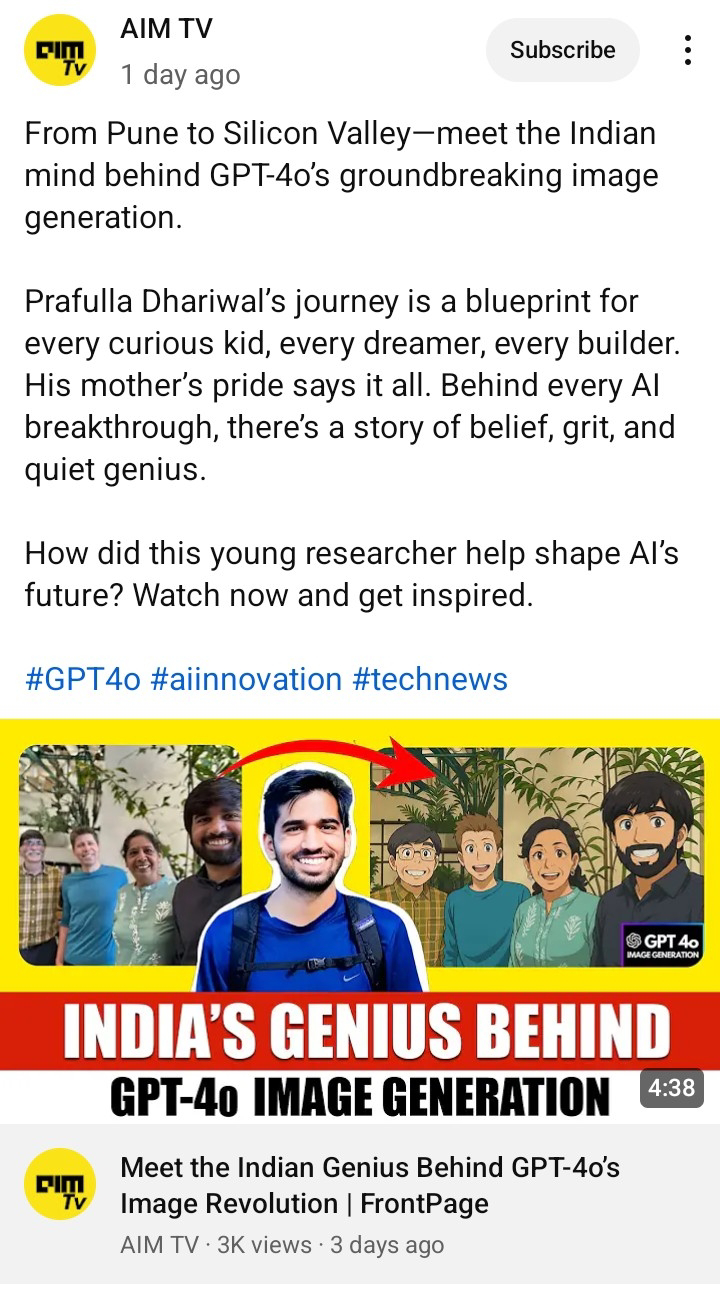Random Though of The Day - April Fools Day

April Fools' Day April Fools' Day is celebrated on April 1st each year. It's a day when people traditionally play practical jokes, hoaxes, and pranks on each other. The custom dates back several centuries and is observed in many countries around the world. Origins and History The exact origins of April Fools' Day are somewhat uncertain, but there are several theories: - Some link it to the change from the Julian to the Gregorian calendar in the 16th century, which moved the New Year from around April 1 to January 1. Those who continued to celebrate the New Year on April 1 were called "April Fools." - Others connect it to ancient Roman festivals like Hilaria or the medieval Feast of Fools. - Some scholars believe it may simply have evolved from spring festivals that included elements of trickery and mischief. Modern Traditions Today, April Fools' Day pranks range from simple tricks between friends and family to elaborate media hoaxes: - Media ou...







